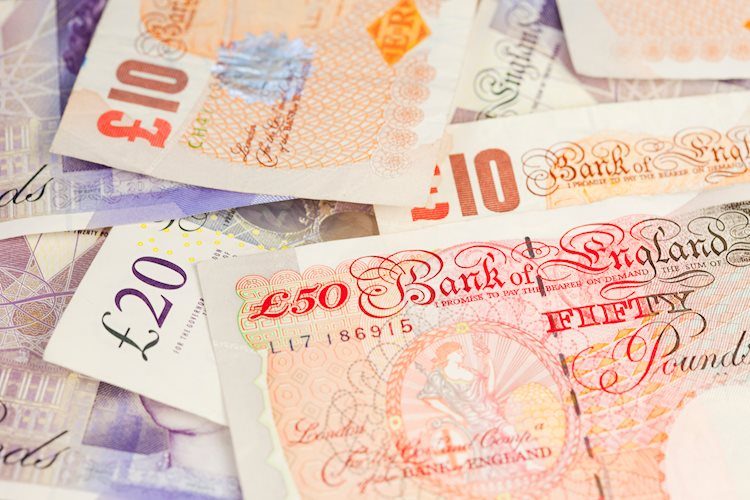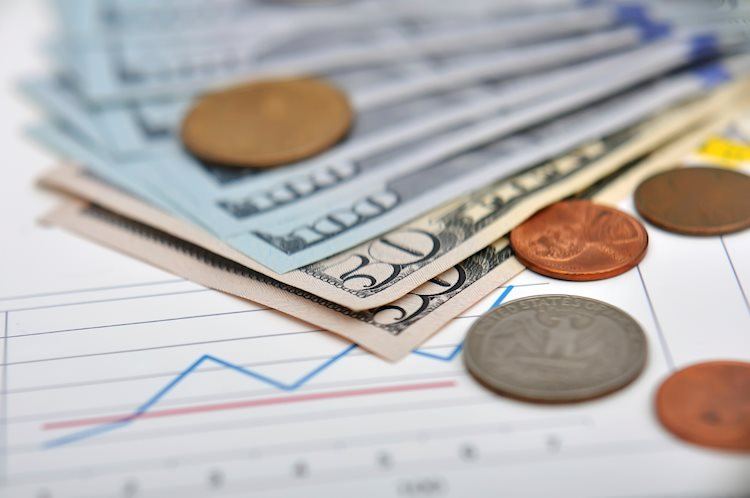China is beset by serious economic problems. Growth has stalled, youth unemployment is at record highs, the housing market is collapsing and companies are struggling with recurring supply chain headaches.
The world’s second-largest economy is facing the brunt of severe drought and its vast real estate sector is suffering the consequences of accumulating debt.
But the situation is getting much worse with Beijing’s adherence to a strict zero Covid policy, and there is no sign of that changing this year.
In the last two weeks, eight megacities have gone into total or partial lockdown. Together, these vital manufacturing and transportation hubs are home to 127 million people.
Across the country, at least 74 cities have been closed since late August, affecting more than 313 million residents, according to calculations by the CNN based on government statistics.
Goldman Sachs estimated last week that cities affected by the lockdowns account for 35% of China’s gross domestic product (GDP).
The latest restrictions demonstrate China’s uncompromising attitude in eradicating the virus with the strictest control measures despite the damage.
“Beijing appears willing to absorb the economic and social costs arising from its zero Covid policy because the alternative – widespread infections along with corresponding hospitalizations and deaths – poses an even greater threat to the government’s legitimacy,” said Craig Singleton, Senior Fellow at the Foundation. for the Defense of Democracies, a DC-based think tank.
For Chinese leader Xi Jinping, maintaining that legitimacy is more vital than ever as he seeks to be selected for an unprecedented third term when the Communist Party assembles for its most important congress in a decade next month.
“Major policy changes ahead of the party congress seem unlikely, although we could see a easing in certain policies in early 2023, after Xi Jinping’s political future is secured,” Singleton said.
“Even so, the Party is short on time and political levers available to deal with many of the most pressing systemic threats to China’s economy,” he added.
The economy will continue to deteriorate in the coming months, said Raymond Yeung, chief economist for Greater China at ANZ Research.
Local governments will be “more inclined to prioritize Covid-zero and extinguish virus outbreaks” as the party congress approaches, he added.
The tightening of Covid restrictions will hit consumption and investment during China’s “Golden September, Silver October”, traditionally the peak season for home sales.
Meanwhile, a sharp slowdown in the global economy also doesn’t bode well for China’s growth, Yeung said, as weakening demand from US and European markets will weigh on China’s exports.
He now expects China’s GDP to grow by just 3% this year, below Beijing’s official target of 5.5% by a wide margin.
Other analysts are even more bearish: Nomura cut its forecast to 2.7% this week.
No way out until early 2023?
More than two years after the pandemic, Beijing maintains its extreme approach to the virus with forced quarantines, mandatory mass testing and instant lockdowns.
The policy was considered successful in the early stage of the pandemic.
China managed to keep the virus under control in 2020 and 2021 and avoid the massive death toll that many other countries have suffered, while building a rapid recovery after a record GDP contraction.
In a 2020 ceremony, Xi proclaimed that China’s success in containing the virus was proof of the Communist Party’s “superiority” over Western democracy.
But the premature declaration of victory has returned to haunt him, as the highly transmissible Omicron variant makes the zero Covid policy less effective.
However, giving up on Covid-zero doesn’t seem like an option for Xi, who this year has repeatedly placed more emphasis on defeating the virus than rescuing the economy.
On a trip to Wuhan in June, he said China must stick to its zero Covid policy “even if it could hurt the economy”. At a leadership meeting in July, he reaffirmed that approach and urged officials to look at the relationship between virus prevention and economic growth “from a political perspective”.
“Beijing sought to present its zero Covid policies as evidence of the Party’s strength, and therefore, by extension, Xi Jinping’s leadership,” Singleton said.
Any change in approach may not occur until next year, and even then it is more likely to be very gradual, said Zhiwei Zhang, president and chief economist at Pinpoint Asset Management.
“It will be a long process,” he said, adding that Hong Kong – where quarantine and testing rules for visitors were recently relaxed – could be “an important important indicator of what will happen on the mainland”.
Another dark quarter
While Beijing appears unwavering in its zero-Covid strategy, the government has rolled out a series of stimulus measures to boost the economy, including a trillion-yuan ($146 billion) package released last month to improve infrastructure and ease the crisis. energy shortage.
The government is trying to achieve “the best possible outcome” for economic growth and jobs while staying at zero Covid, but it is “very difficult to balance the dual goals,” said ANZ’s Yeung.
Recent data suggests that the Chinese economy may have another dismal performance in the third quarter.
GDP grew by just 0.4% in the second quarter from a year earlier, slowing sharply from the 4.8% growth in the first quarter.
Official and private sector surveys released last week showed China’s manufacturing industry contracted in August for the first time in three months, while growth in services slowed.
Office workers carrying umbrellas to protect themselves from the sun walk in Hangzhou, China, Tuesday, August 2, 2022.
“The picture is not pretty as China continues to fight the broadest wave of Covid infections so far,” analysts at Nomura said in a research report on Tuesday.
Property works and issues
China’s labor market has deteriorated in recent months.
The latest data showed that the unemployment rate among 16- to 24-year-olds hit an all-time high of 19.9% in July, the fourth consecutive month it has broken records.
This means that China now has around 21 million unemployed youth in cities and towns. Rural unemployment is not included in the official figures.
“The most worrying issue is jobs,” said ANZ’s Yeung, adding that youth unemployment could rise to 20% or more.
Other economists say more job losses are likely this year as social distancing measures hurt the catering and retail sectors, which in turn put pressure on manufacturers.
Apartment buildings in the Magnolia Mansion residential project, developed by Sunac China Holdings Ltd., in Shanghai, China, on Friday, January 14, 2022.
The deepening slowdown in the housing market is another major stumbling block.
The sector, which accounts for up to 30% of China’s GDP, has been crippled by a government campaign since 2020 to curb reckless lending and curb speculative trade.
Property prices have been falling, as have new home sales.
While there may be a relaxation of zero Covid rules in 2023, housing policy may not look much different after the party congress.
“We are unlikely to see the economy repeat the previous high growth of 5.5% or 6% in the next two years,” Yeung said.
— CNN’s Beijing office contributed to this report.
Source: CNN Brasil
Joe Jameson, a technology journalist with over 2 years of experience, writes for top online news websites. Specializing in the field of technology, Joe provides insights into the latest advancements in the industry. Currently, he contributes to covering the world stock market.





